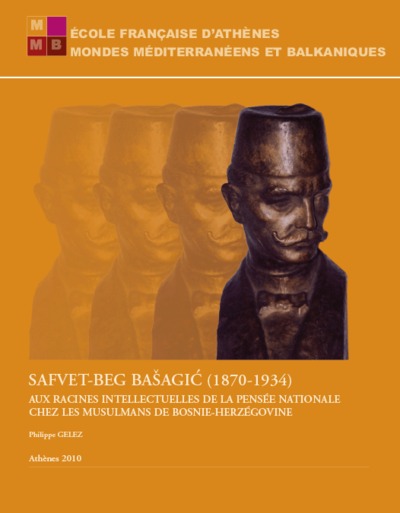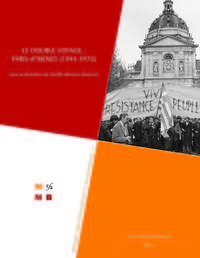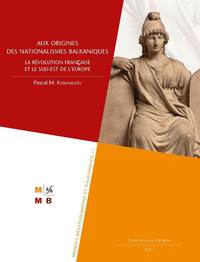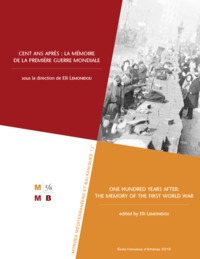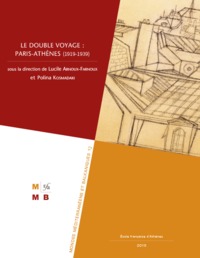Nous utilisons des cookies pour améliorer votre expérience. Pour nous conformer à la nouvelle directive sur la vie privée, nous devons demander votre consentement à l’utilisation de ces cookies. En savoir plus.
Safvet-beg Basagic (1870-1934)
EAN : 9782869582132
Paru le : 1 janv. 2011
-
 Livraison gratuite
Livraison gratuite
en France sans minimum
de commande -
 Manquants maintenus
Manquants maintenus
en commande
automatiquement -
 Un interlocuteur
Un interlocuteur
unique pour toutes
vos commandes -
 Toutes les licences
Toutes les licences
numériques du marché
au tarif éditeur -
 Assistance téléphonique
Assistance téléphonique
personalisée sur le
numérique -
 Service client
Service client
Du Lundi au vendredi
de 9h à 18h
- EAN13 : 9782869582132
- Collection : MONDES MEDITERR
- Editeur : Ec Fr Athenes
- Date Parution : 1 janv. 2011
- Disponibilite : Disponible
- Barème de remise : NS
- Nombre de pages : 811
- Format : 0.00 x 20.00 x 22.00 cm
- Poids : 1.63kg
-
Résumé :
À travers son oeuvre littéraire, historique et politique, Safvet-beg Basagic (1870-1934) a formulé les grandes problématiques du nationalisme bosnomusulman, alors que sa communauté reculait devant les exigences de modernisation qu'imposait la présence austro-hongroise depuis le Congrès de Berlin de 1878. Inspiré par les mouvements nationaux ottoman, croate et serbe du XIXe siècle, il a voulu établir une identité distincte de celles que fondaient ces mouvements en affirmant la spécificité religieuse et culturelle de ses coreligionnaires et compatriotes. Ces engagements étaient étroitement liés à la question agraire en Bosnie-Herzégovine: Basagic a oeuvré en conservateur, soulignant que la propriété de la terre était un droit historique du beylicat local, auquel il appartenait. De son vivant, il n'a pas joui de l'audience qu'il aurait espérée; mais l'essentiel de ses thèses, malgré leur peu de sérieux scientifique, a fait florès aujourd'hui.
Through his literary, historical and political oeuvre, Safvet-beg Basagic (1870-1934) has formulated the great issues of bosnian-muslim nationalism, at a time when his community retreated from the demands placed upon it by the process of modernisation imposed by the austro-hungarian presence since the Berlin Congres of 1878. Inspired by ottoman, croat and serb nationalist movements of the 19th century, he attempted to establish an identity that was distinct from those of these movements by affirming the religious and cultural specificity of his fellow believers and compatriots. These engagements were intimately connected to the agrarian question in Bosnia-Herzegovina: Basagic acted as a conservator, stressing that ownership of land was a historical right of the local beylicat, to which he belonged. During his lifetime he did not have the audience for which he would have wished; but the essential elements of his theses, despite their lack of scientific rigor, have flourished today.

